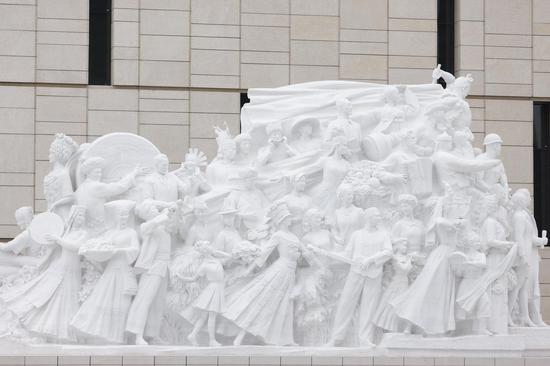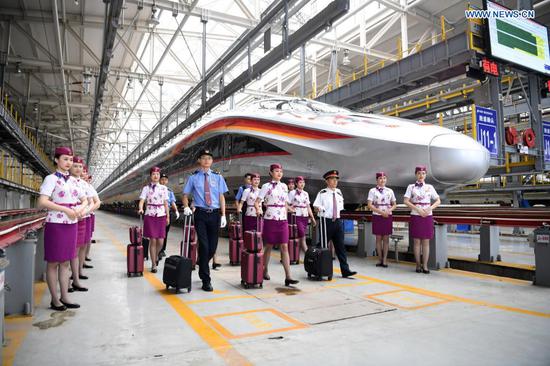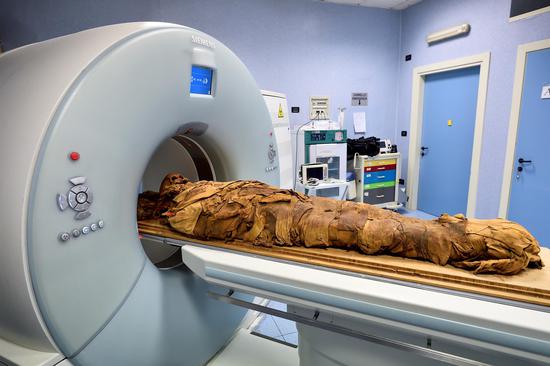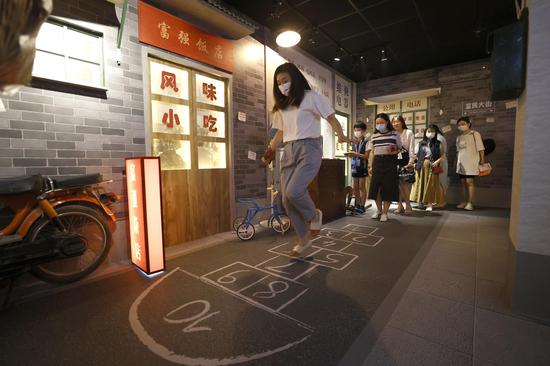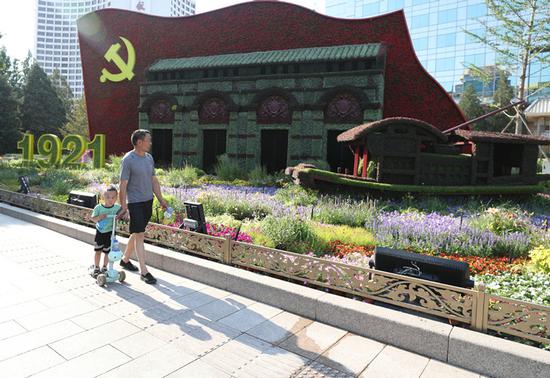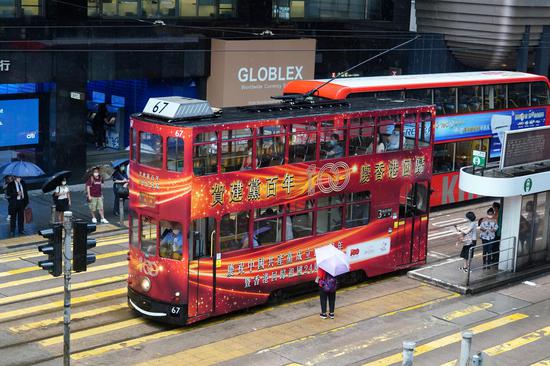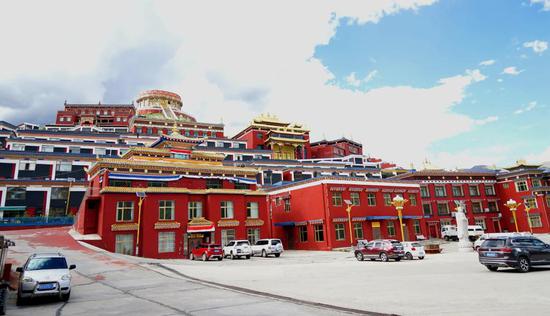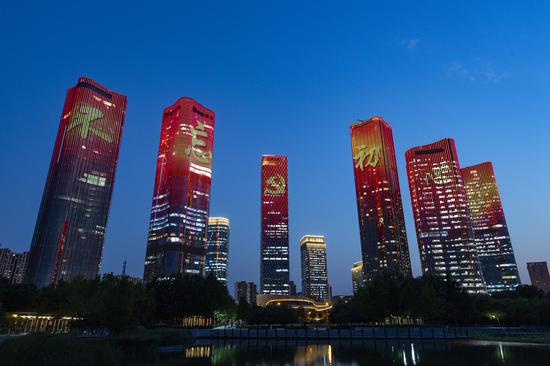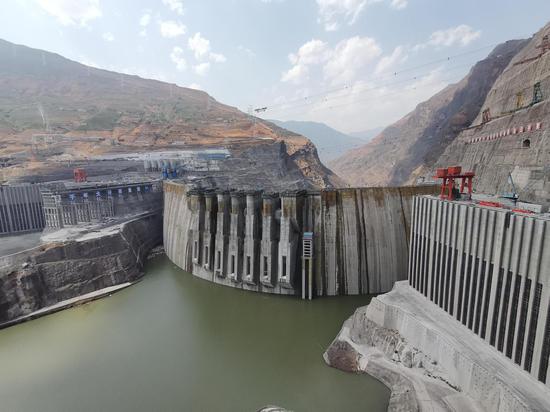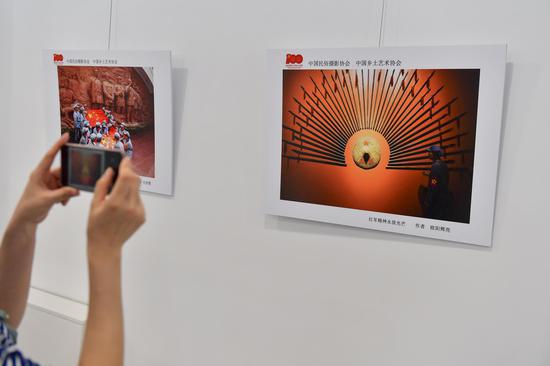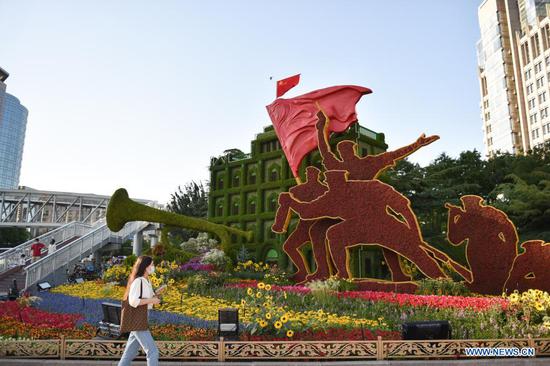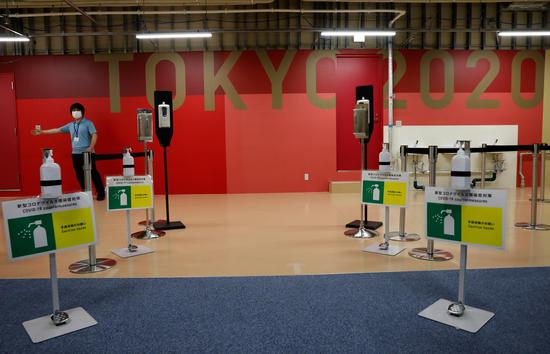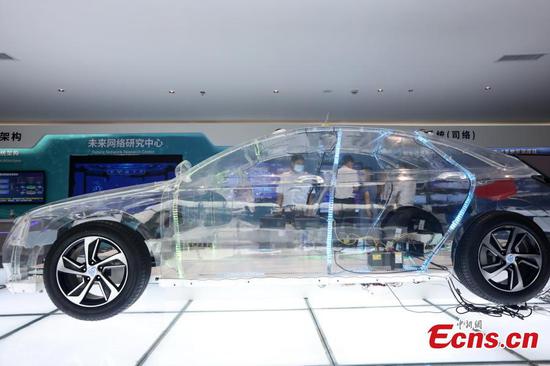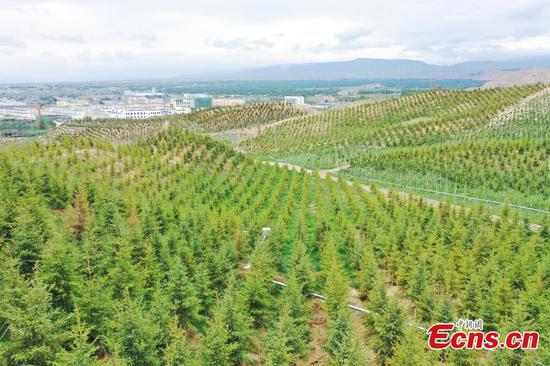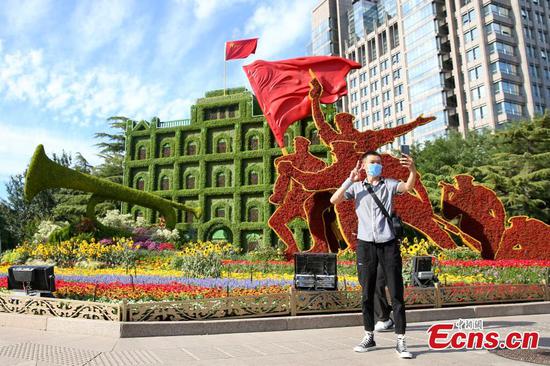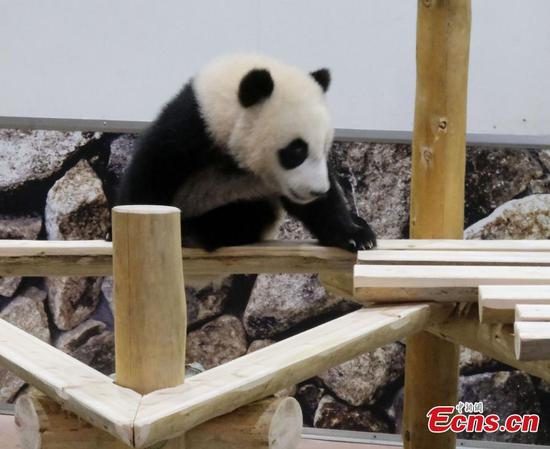Reform and opening-up lead to rapid development
In the next stage, China adopted the policy of reform and opening-up, which ushered in China's development as a modern, industrialized, and scientifically and technologically advanced nation. China has become a moderately prosperous socialist nation. And having successfully uplifted the Chinese people from the clutches of abject poverty, China has been able to provide them with happiness and prosperity.
The hundred years since the founding of the CPC have seen phenomenal changes and revolutionary transformations in China, during which it has moved away from feudalism and serfdom, internal strife, foreign oppression and extreme poverty, and transformed itself into a fully independent, well-respected, prosperous and strong socialist country.
Three turning points in the CPC's history deserve special mention. The first was during the national struggle (1937-45). Forming a united front with Kuomintang was a farsighted decision of the CPC. Some Communist International leaders were opposed to this idea, but if the CPC had capitulated to such opposition, the Chinese revolution would have suffered huge losses.
However, Chinese leaders kept China's ground reality in mind, prioritized the national needs, chose their innovative approach, disagreed with the Comintern leaders and refused to wear the ideological straitjacket. In doing so, China explored its own path of revolution, which was later named as Mao Zedong Thought. This innovative and unique approach led the Chinese revolution.
Second, reform and opening-up initiated by Deng Xiaoping had transformative effects. It is possible that Chinese socialism might have suffered a huge setback if not for Deng's visionary decision to pursue modernization and reforms. These new policies were based on his deep insight into the nature of productive forces and production relations, as well as the methods that could improve overall economic productivity.
Viewed from the conventional Marxist lense, the policy of reform and opening-up was quite unusual and seemingly incongruous. Yet we can see today that the policy has played an instrumental role in China's socioeconomic transformation over the past four decades.
The third is more recent, in fact, of this decade. With the vision of building a community with a shared future for mankind, President Xi in 2013 put forward the concept of the Belt and Road Initiative, which conceives inclusive development and shared prosperity as its primary goals. It also contains within itself a new vision of globalization where nation-states cooperate with each other to build a shared future for all based on the principles of sovereign equality and independence. At a time when some countries are beset by protectionism, narrow nationalism and extremism, and are actually shirking their global obligations, this approach has created new hope for mankind.
Humanity today is facing new and global challenges such as climate change, pandemics and terrorism. These challenges are so grave and diverse that it is not possible for a single country to face any one of them alone, no matter how powerful it may be. To overcome them, new partnerships and multilateral efforts are imperative.









